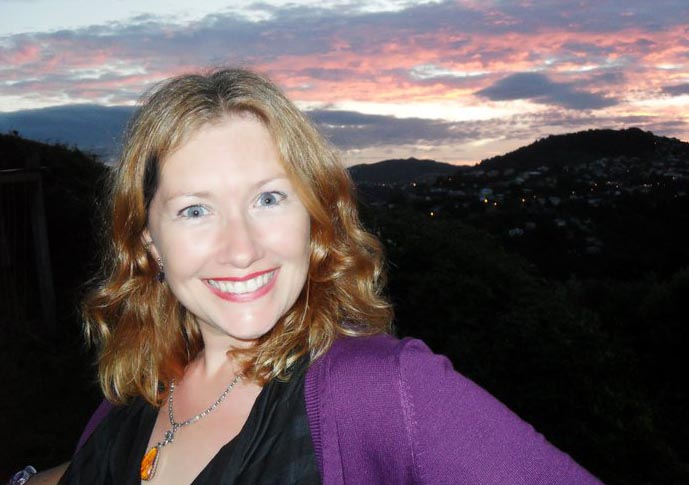Through my experience as a funding panel member for the Creative Communities Scheme, I noticed there were some potentially powerful projects missing out of funding because they crossed over the boundary between the arts and community health.
 An arts advisor told me that many of these sorts of projects are missing out on funding across the country because they are “too health-related for arts funding, and too arty for health funding”.
An arts advisor told me that many of these sorts of projects are missing out on funding across the country because they are “too health-related for arts funding, and too arty for health funding”.
I decided to investigate if this is an issue across New Zealand and if so, what are arts/health practitioners doing about it?
As part of my Master of Arts in Arts Management, I investigated this question through means of a nationwide survey, a case study, interviews and literary research: “Are artists/artistic groups working in the area of community engagement experiencing a funding gap? What are their funding difficulties/experiences? How are these groups innovating to deal with funding issues?”
While focusing on arts practitioners, most of the feedback and research included insights by health practitioners as well.
Below is the summary of my findings. My full work (Masters thesis) will be published early in 2016. Feel free to contact me if you are interested in reading it.
Summary of all findings
Artistic community engagement is a fundamental aspect of community wellbeing and the artistic experiences generated by our artists and health practitioners have a powerful effect on the cohesiveness and inclusivity of our communities.
New Zealand practitioners working in this area have strong goals and aims, and those who seek out advice are nearly three times more likely than those who don't to be successful in their funding applications.
Creative New Zealand is the most popular source of funding sought by these practitioners, with local authority funding and Pub charities also popular. Crowdfunding is quite a new concept that is on the radar for some people.
Funding frustrations
Practitioners are experiencing funding frustrations with the processes involved, the time it takes and the sap on limited staffing resources, plus a lack of feedback from funders.
Practitioners would be creating more community engaged projects if it weren't for these funding frustrations and related time and staffing restraints.
Many practitioners have experienced a gap between not only the arts and health sectors but also other related governmental departments such as social development and mental health, and possibly education.
More cohesive communication between these departments may help this issue. Governing bodies need to support artistic community engagement more than they currently do.
Traditional models of funding alternatives
Most practitioners are looking into fairly traditional models of funding alternatives such as fundraising and sponsorship though many are also actively seeking collaborative relationships.
Adopting a social enterprise model would help these groups in a business sense but may be too difficult an aim for many working in this area. However, finding a self-generated funding stream, which is an essential component of social enterprise, seems fundamental to the future sustainability of arts groups.
Collaborative relationships between those working in social enterprise, social change and social entrepreneurship have the potential to create powerfully effective work and experiences. Progressive innovation in this area is happening in small hubs but with a far reach into the community.
Investigating philanthropic models
Arts organisations could benefit from stronger investigations into philanthropic models, alternative currency concepts and networking relationships.
They could also examine more closely the skills they have and services they could offer to achieve a business model many currently aren't exploring.
Vivienne Quinn, 2016, from “Funding Frustrations and Innovations with artistic practitioners involved in community engagement, New Zealand, 2015”. Masters thesis as partial requirement for the Master of Arts in Arts Management from Whitecliffe College of Arts and Design. Email Vivienne for more information or a copy of the thesis, .
LATEST POSTS
Arts Blog Categories
- Accessibility
- Accessible Arts
- Achievements Celebrations
- Active Recreation
- Advocacy Campaigns
- All New Zealand
- Arts Accessibility
- Arts Culture
- Arts Culture Venues
- Arts For All
- Arts In Corrections
- Canterbury Region
- Capacity Building
- Community Arts
- Community Services
- Covid 19
- Creative Spaces
- Creative Wellbeing
- Dance
- Disability
- Festivals Arts
- Galleries
- Global Issues
- Health
- Learning Disabilities
- Local People
- Maori Art
- Mental Health
- Musical Theatre
- Obituaries
- Professional Development
- Professional Development Arts
- Stories About Organisations
- Theatre
- View Point
- Visual Arts


